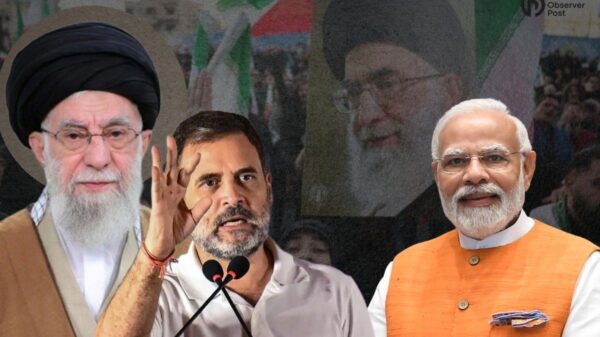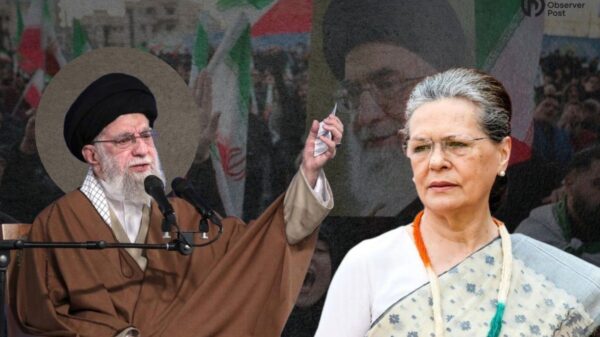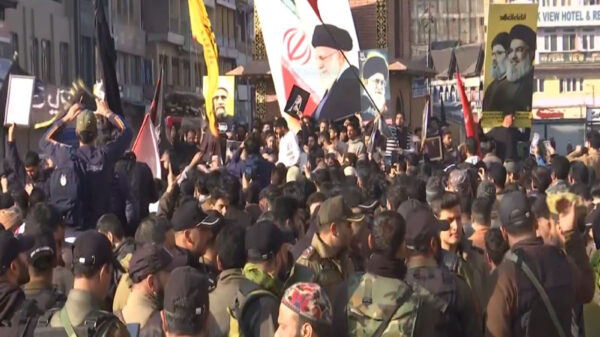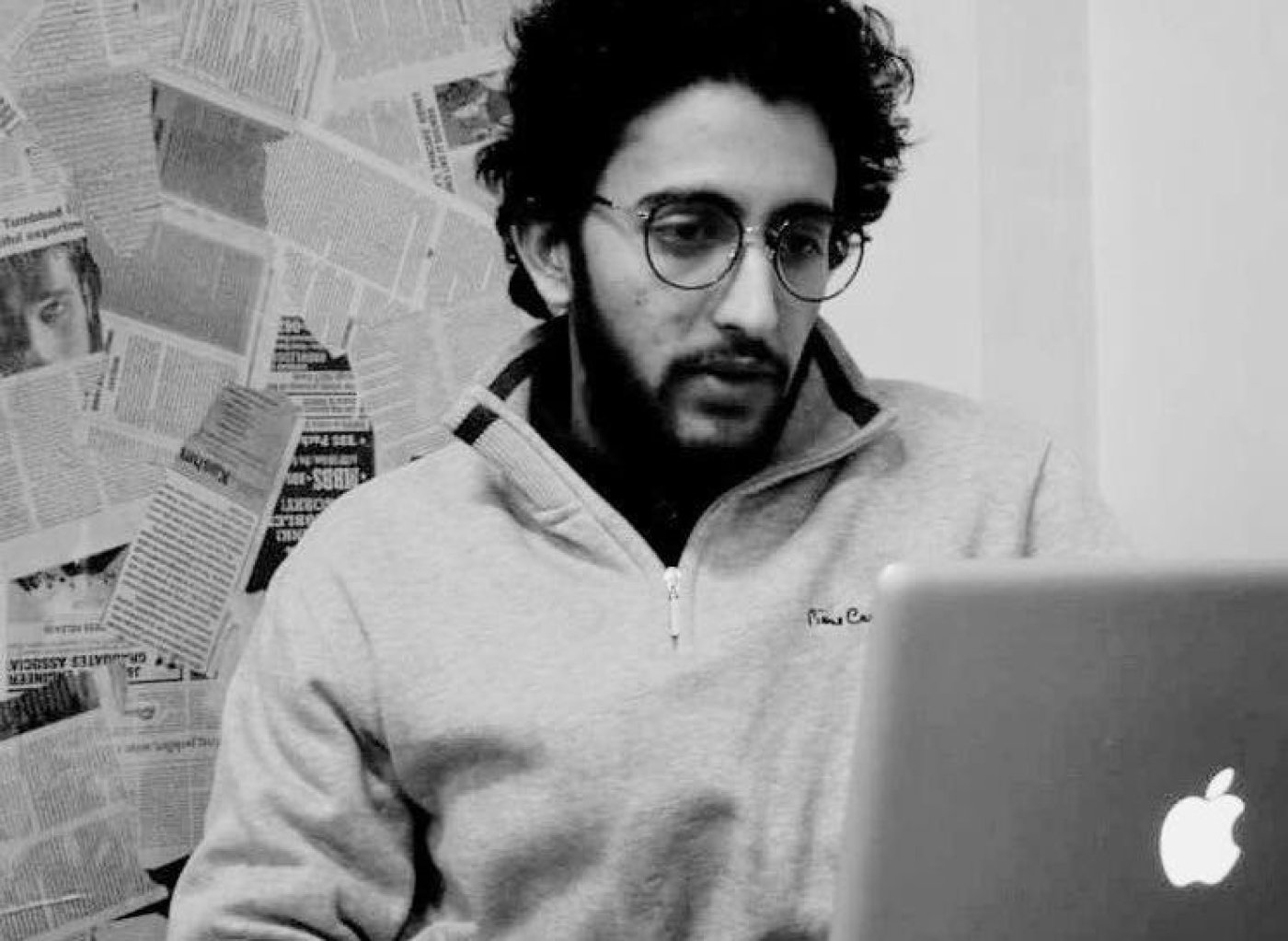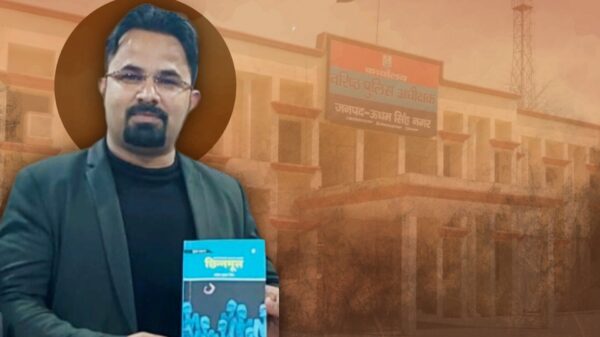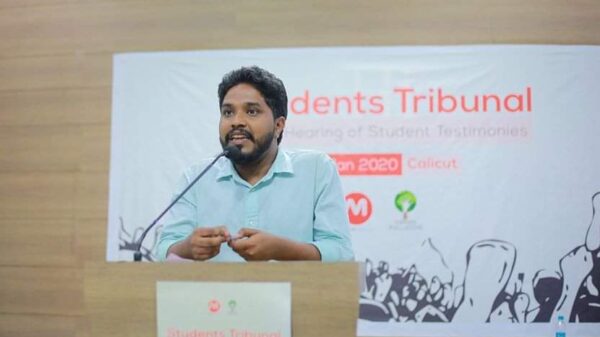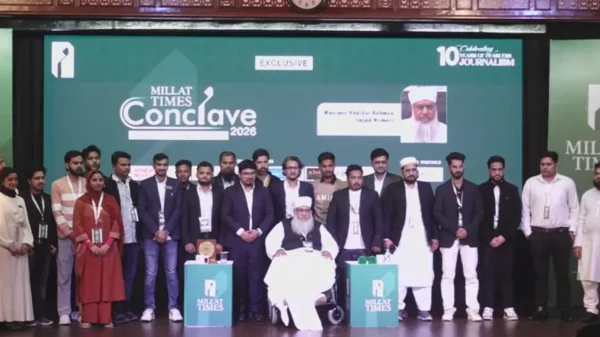On Tuesday, the Supreme Court declined to revoke the bail granted to journalist Fahad Shah but criticized the Jammu and Kashmir and Ladakh High Court’s interpretation of the Unlawful Activities (Prevention) Act (UAPA), labelling it legally flawed.
The High Court had previously granted bail to Shah, the editor of The Kashmir Walla, arguing that bail could be permitted if the accused posed no “clear and present danger” to society. It further said that harming India’s global reputation did not equate to a terrorist act under Section 15 of the UAPA. Following this ruling, the Union Territory of Jammu Kashmir filed two Special Leave Petitions (SLPs) challenging the High Court’s decision.
The Supreme Court bench, comprising Justices Bela Trivedi and Satish Chandra Sharma, indicated that the High Court’s ruling was per incuriam, meaning it lacked legal validity and should not serve as a precedent. However, the bench opted not to cancel Fahad Shah’s bail, as reported by Live Law.
The High Court had referenced the 1919 U.S. Supreme Court case Schenck v. United States, noting that proof of a “clear and present danger” must be established for UAPA arrests. While acknowledging the significance of free speech, it said that this freedom could be restricted under specific circumstances if it posed a substantial risk that Congress could address.
Since the abrogation of Article 370, several Kashmiri journalists have faced detentions, with many being booked under various laws. Fahad Shah is among those affected, with others like Sajad Gul, Asif Sultan and Qazi Shibli also having encountered legal challenges. Shibli was detained twice, while Gul was held under the Public Safety Act for nearly two years. Although Sultan has been released after more than five years in custody, some, like journalist Irfan Mehraj and Majid Hyderi, remain incarcerated.






